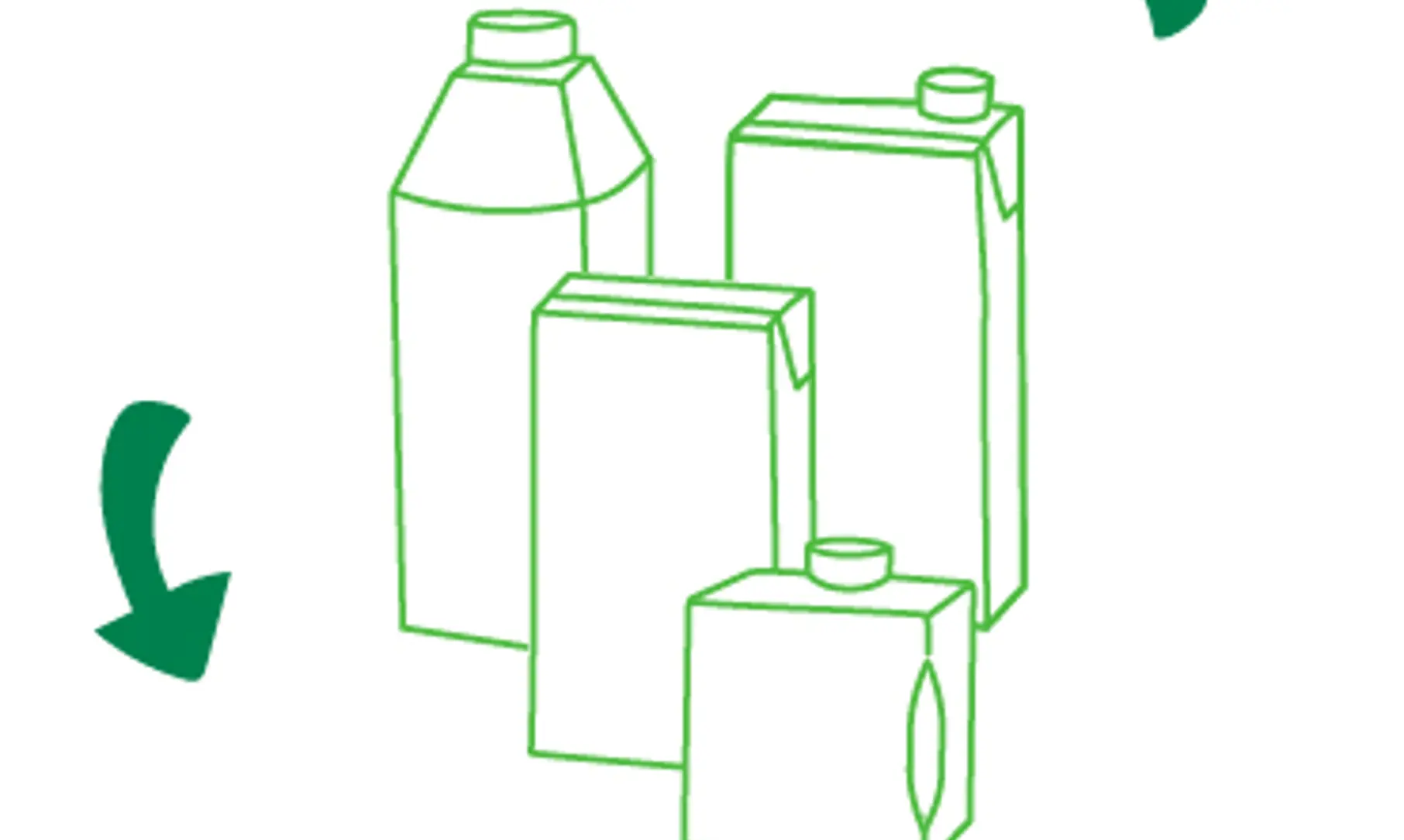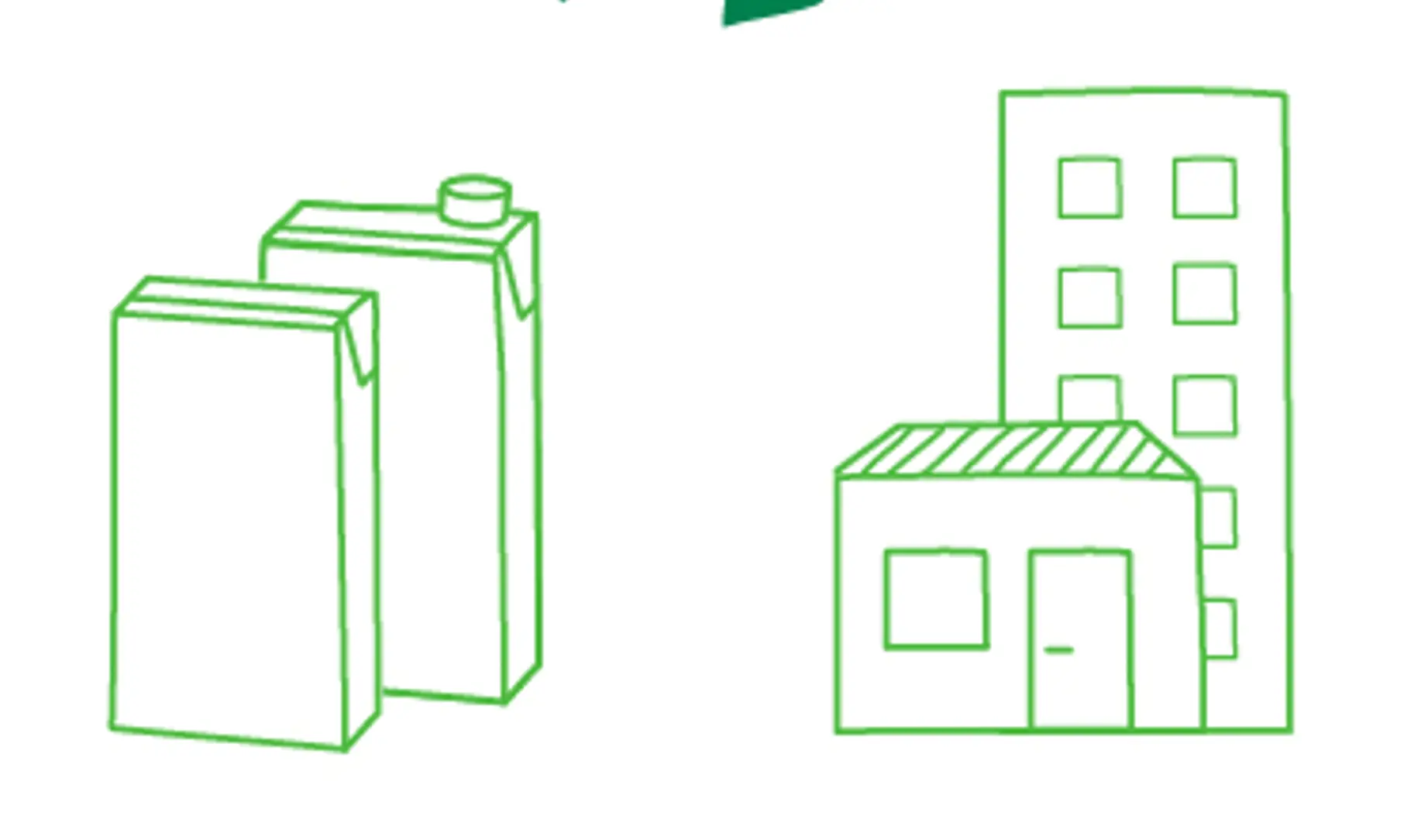Carton packs for circularity

In the penultimate chapter of Circular Index we focus on the role carton packs, specifically, aseptic carton packs, play in the food and beverage industry’s journey towards circularity.
Packaging, whatever product you apply it to, contributes greatly to global waste. In 2019, looking at the EU alone, it was estimated the average person generated 178.1 kilos of waste – with paper and cardboard accounting for just over 40% of that total and plastic, just over 19%. But with packaging a necessary part of everyday life, global industries must find a way to keep it in supply while lowering its environmental impact.
To help paint a better picture of what the world’s industries are fighting against as they work to become more sustainable, we’ll focus on the food and beverage industry. An industry that, only a few years ago, accounted for 8.2 billion kilos of plastic packaging produced in the EU. With single-serve packaging continuing to grow in popularity, and megatrends like sustainability and health and wellness having a huge effect on consumers, food and beverage manufacturers have a big opportunity to meet society’s demands while reducing global waste.
Why cartons matter
How? By focusing on a circular economy approach, with the right materials and packaging formats playing a vital role. Packaging formats like carton packs. Aseptic carton packs, to be more specific, the likes of which are made using sustainably sourced raw materials, which can be recycled in a number of ways and which are designed to minimise food waste.

Circular from the offset
The lifecycle carbon footprint of an aseptic carton pack is substantially low. An SIG carton pack, for example, has a footprint up to 70% lower than that produced by other packaging alternatives. In addition, the paperboard for all our packs is FSC™-certified – making us the first supplier in the industry to reach this milestone. We were also the first in the industry to receive ASI certification for only using responsibly sourced aluminium, and in recent years introduced the world’s first carton pack linked to 100% plant-based renewable sources: SIGNATURE PACK.
End of life – and then some
In our ongoing bid to keep our cartons as low impact as possible, that also means ensuring they can be reused in one way or another after a consumer is done with them. That’s why every component within SIG cartons can be recycled, and it’s also why we continue to work with local initiatives to promote recycling and find innovative ways to reuse our cartons – like turning them into building materials.

Our next chapter will wrap-up all the key points discussed in the series thus far. Take another look, see what you think of our summary, and catch up on everything else that’s on our mind by subscribing to SIGnals Update, our exclusive bi-weekly newsletter.
- Juli 14, 2022
